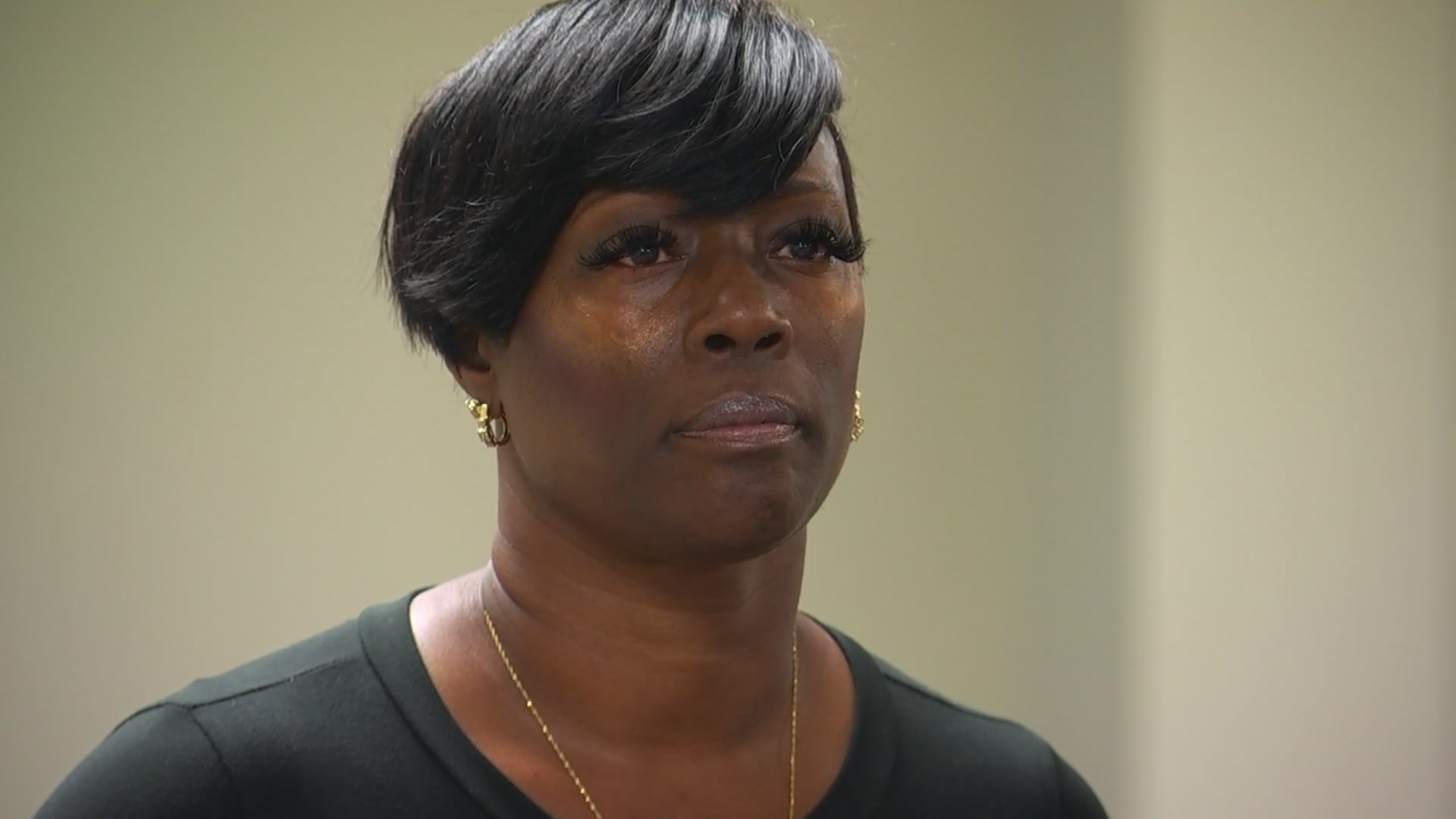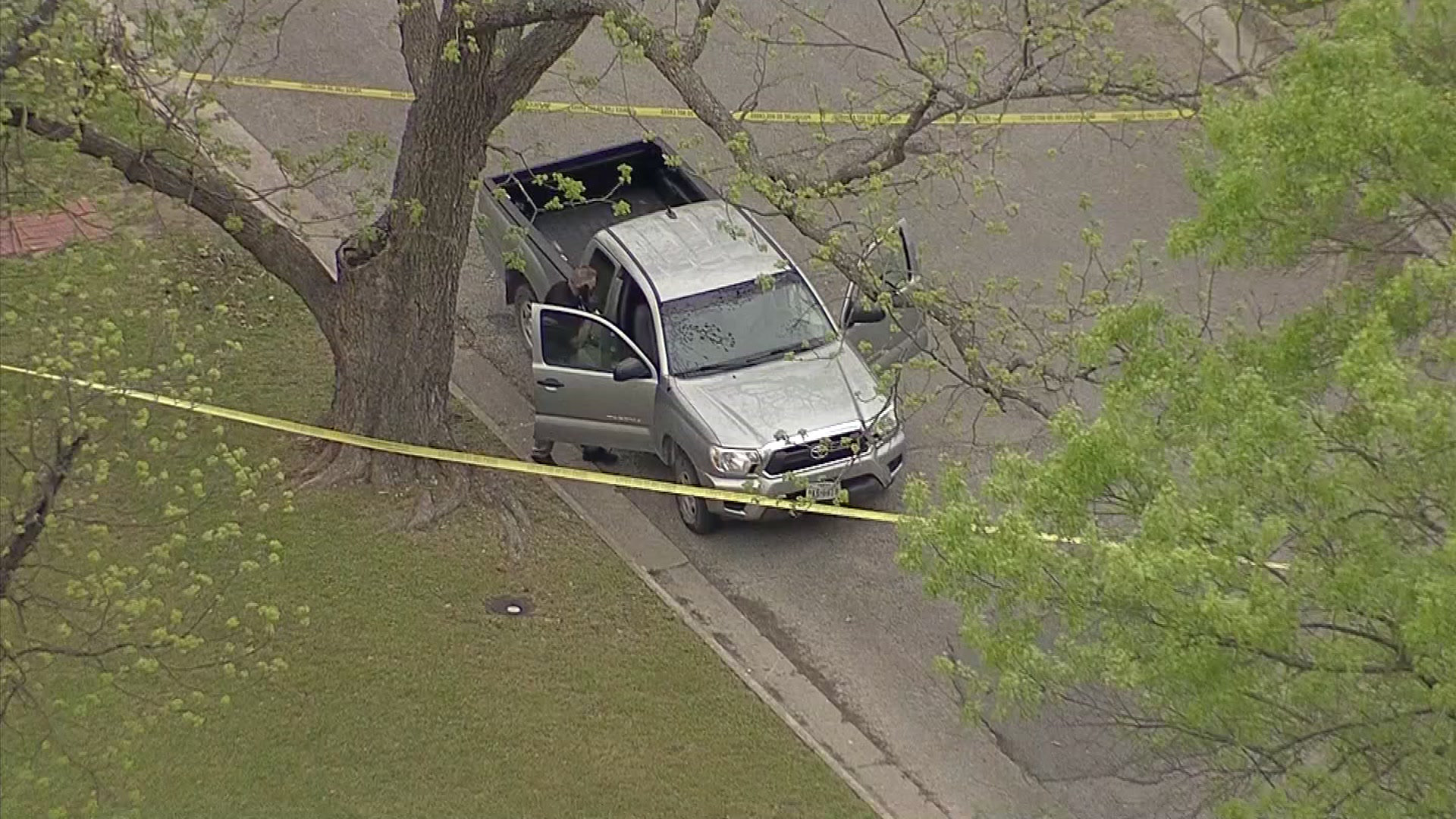Dallas voters' decision to give police officers and firefighters a healthy pay raise more than three decades ago could become a billion-dollar blunder.
The Texas Supreme Court is considering whether to permit a series of lawsuits to go to trial brought by more than 4,000 public safety workers claiming the city owes them back pay and interest dating back 20 years.
Their claims are based on an interpretation of a 1979 pay referendum approved by Dallas voters that the city argues did nothing more than provide police officers and firefighters with a 15 percent pay raise.
But the thousands of plaintiffs who signed on to six lawsuits against the city say the referendum did much more: that it specified the city must uphold in perpetuity a consistent pay difference among the ranks of firefighters and police officers. In short, if police captains received a 5 percent pay raise one year, so must all rookie patrol officers.
If the plaintiffs prevail, damage calculations show that the city would face a judgment of more than $1 billion.
"It's a dangerous little lawsuit -- a big lawsuit, I guess you'd say," said Joe Betzel, one of the lead plaintiffs and a 28-year veteran of the fire department. "It's unfortunate that these figures have gotten so large. It's going to have to be something settled behind closed doors."
City attorneys remain confident they can prevail in court on grounds that government entities are immune from certain types of lawsuits, and because of their interpretation of the 1979 referendum. They dismissed a new lawsuit filed earlier this month by the same firefighters and police officers against the current Dallas mayor, city manager and city council members as "an attempt to keep their lawsuits alive regardless of how the Supreme Court may rule on the pending appeals."
Local
The latest news from around North Texas.
Even if the new claims aren't dismissed, "the City remains confident that it will prove at trial that the Dallas voters approved only a one-time pay raise," Tom Perkins, an attorney for the city, said in a statement.
According to the official ballot from 1979, voters were asked whether to approve a 15 percent pay raise for police officers, firefighters and rescue officers and whether to maintain "the current percentage pay differential between ranks."
The city appeared to maintain those differentials through the mid-1980s, according to documents in the case file. As late as 1988, an assistant city manager wrote a memo to tell deputy police chiefs that the city's personnel department was calculating pay adjustments to keep in place the salary structure stemming from the referendum requiring a 16.2 percent pay difference between ranks.
But at some point in the 1980s, "maybe because of the costs associated with it, they quit complying," said Terry Scarborough, an Austin attorney representing about 1,500 first responders. "Maybe they wanted to raise the salaries of new hires to be competitive. But under this ordinance, whatever raise they gave them had to go up the chain."
Betzel said pay raises at the top failed to trickle down the ranks. He was part of an original lawsuit filed by about 240 second drivers in the fire department who had not received 5 percent pay hikes like some of the other ranks.
"We were really getting hammered," Betzel said. "No pay raises, and it was really hard to get a promotion."
The first responders filed their initial lawsuits in 1994, and the case file has grown to more than 30,000 pages. One of the six lawsuits went to trial, resulting in a short-lived victory for the firefighters and police officers that was later overturned on appeal. Some of the plaintiffs have died and others have divorced, complicating the payout, if one ever happens.
Former Mayor Ron Kirk once offered to settle it for about $20 million, Betzel said. The offer was rejected.
The cases are in limbo now, awaiting a ruling from the state Supreme Court. Oral arguments in December centered on new claims of sovereign immunity raised by the city. A few of the justices, through their questioning, revealed concerns about the potential of a $1 billion judgment.
The plaintiffs say they have no interest in bankrupting the city and are perfectly willing to settle the case. But if it goes to trial, they say they should be paid what they are owed.
"This thing has dragged on for 16 years," Scarborough said. "You take anything and drag it out for 16 years, and the numbers become astronomical."



